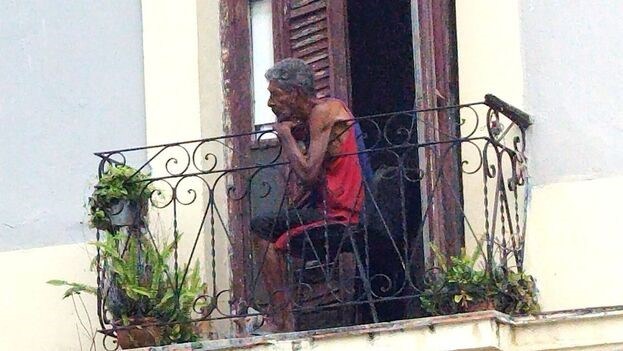
Tras doce meses de experimentos, fracasos y dificultades, solo se puede definir a este como otro tiempo que los cubanos hemos pasado en el “limbo”.
HAVANA TIMES – There was no reason to think it would be better, after all 2023 had been preceded by disaster. The economic crisis had already given clear signs of having become chronic in Cuba, the mass exodus marked the bleeding of families escaping to anywhere, the official discourse maintained its commitment to continuity and, in prisons, around a thousand political prisoners served their sentences or awaited trial. Nothing indicated that this was going to be a good year, but hope always clings to the smallest signs.
After twelve months of experiments, failures and difficulties, this can only be defined as another time that we Cubans have spent in “limbo.” Neither the necessary economic reforms arrived, nor did the social protests against inflation and the rising cost of living took to the streets. While the regime approached Vladimir Putin’s Russia in its speech and gestures, it also did not stop winking at the US Administration of Joe Biden. A single egg began to cost more than 100 pesos on the streets of this Island, but micro, small and medium-sized businesses (MSMEs) filled their shelves with candy, beer and frozen chicken at prices unaffordable for the majority of the population.
The clamor of the protests of 11 July 2021 faded away with the repression and the departure from the country of a good part of those who might have been the potential protesters of the next outbreak. The universities were left with open arms waiting for many students, with good grades, who preferred to put aside their dreams of having a diploma, waiting for an internal change, or for a plane to take them out of here. Countless women postponed pregnancy waiting for “things to get better” and, among the exiles, there were many who, after a trip to the Island or a conversation with their relatives, postponed their schedule to return waiting for “a new scenario.”
Something similar happened to tourism. “We’d better go to the Dominican Republic,” “Ca


